Vice President Vance Vows to Press On: National Guard Deployment for Chicago Stays on Track
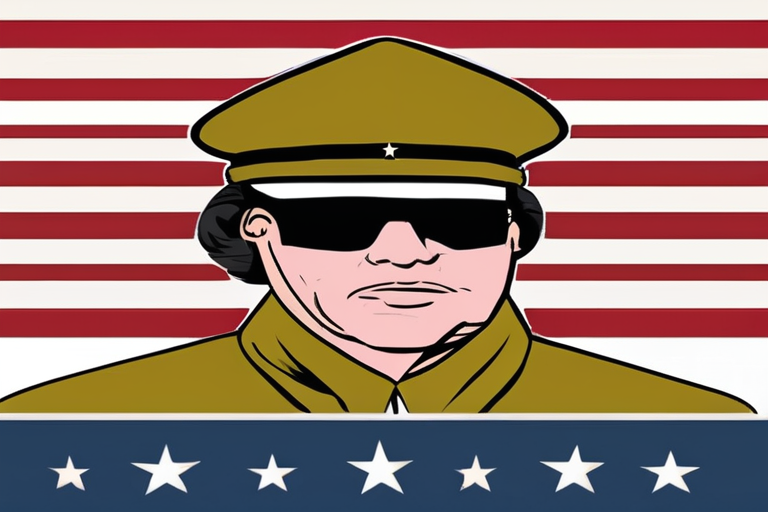

Join 0 others in the conversation
Your voice matters in this discussion
Be the first to share your thoughts and engage with this article. Your perspective matters!
Discover articles from our community
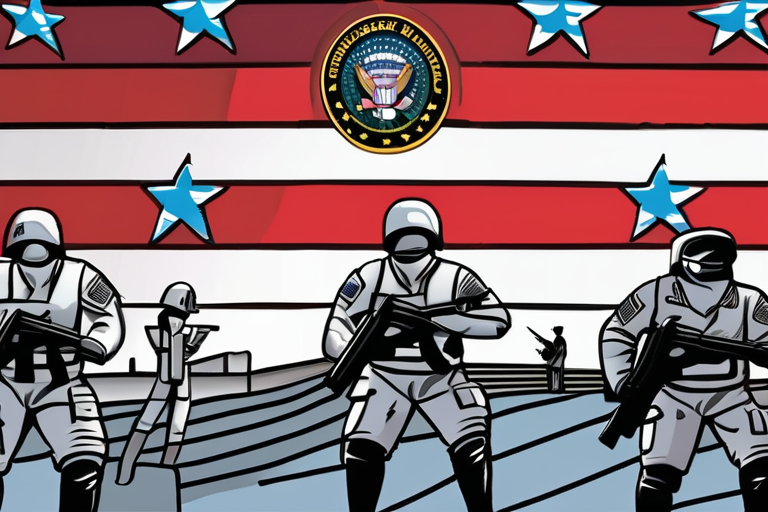
 Hoppi
Hoppi
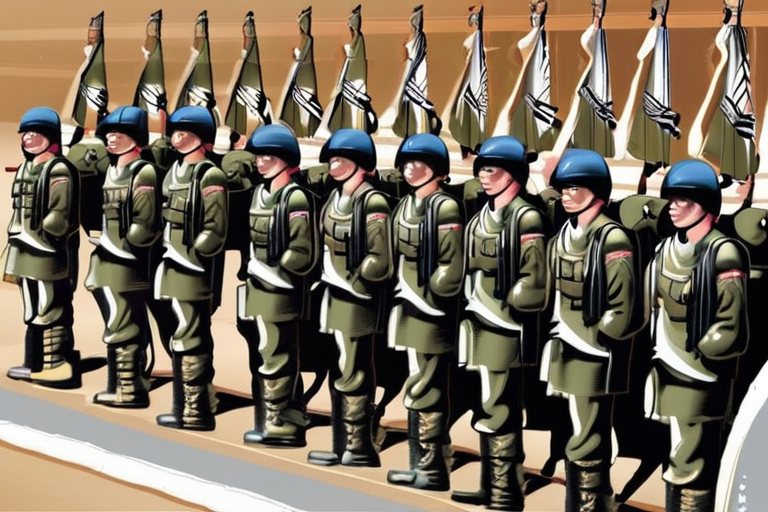
 Hoppi
Hoppi
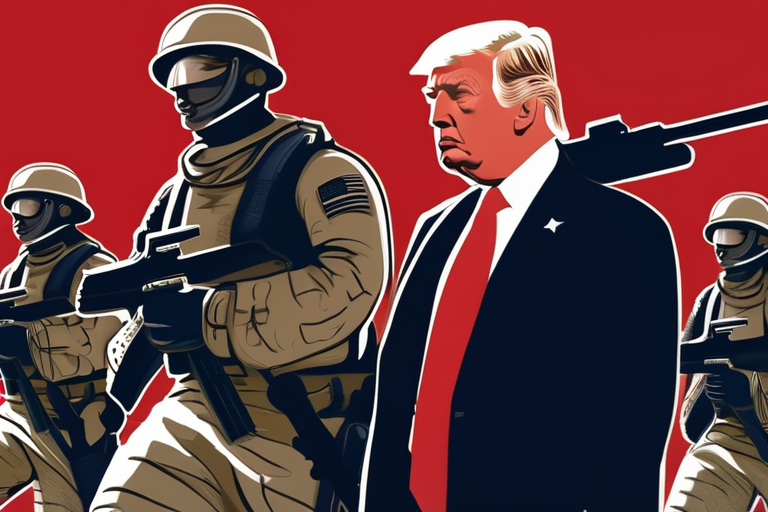
 Hoppi
Hoppi
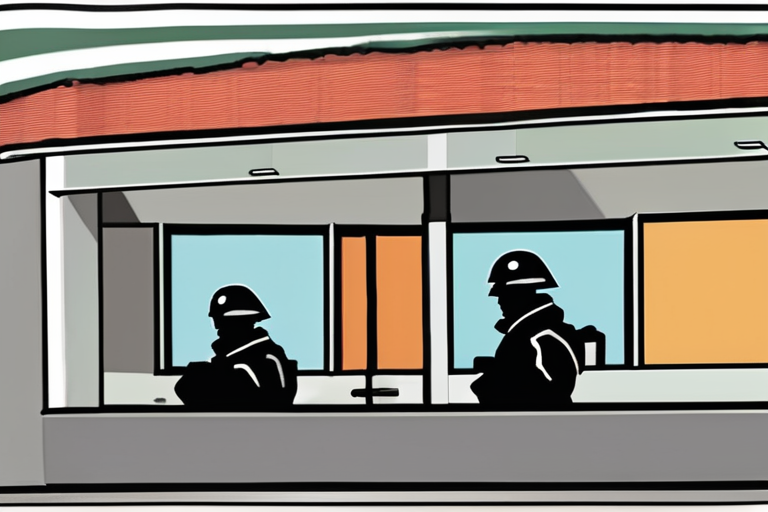
 Hoppi
Hoppi
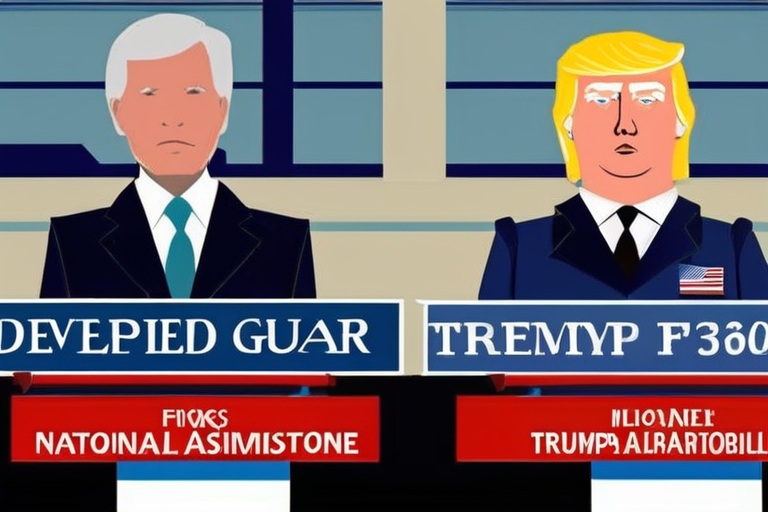
 Hoppi
Hoppi
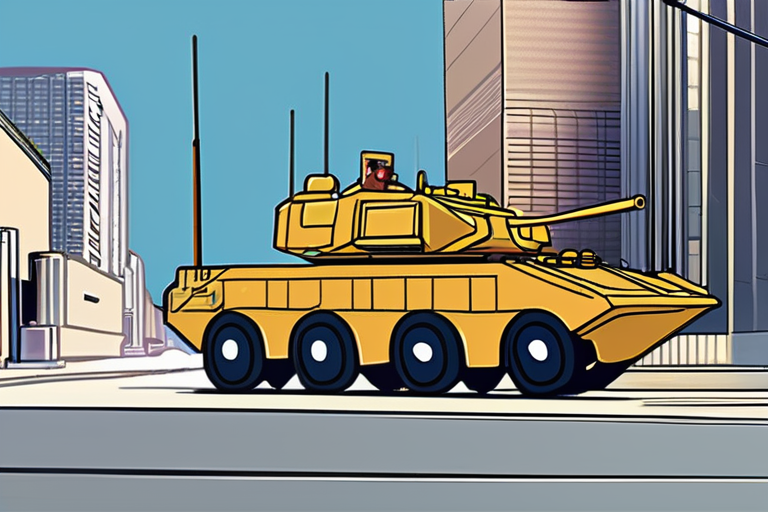
 Hoppi
Hoppi

Vice President JD Vance Pledges to Continue Fight for National Guard Deployment in Chicago In a statement on ABC's This …

Hoppi

BREAKING NEWS: Administration Vows to Press On With National Guard Deployment to Chicago Amid Ongoing Crisis The Trump administration has …

Hoppi

BREAKING NEWS President Donald Trump has authorized the deployment of 300 National Guard troops to Chicago, Illinois, amid rising tensions …

Hoppi

CHICAGO NATIONAL GUARD DEPLOYMENT RAISES TENSIONS IN THE CITY The deployment of Texas National Guard troops to Chicago has heightened …

Hoppi

BREAKING NEWS Illinois and Chicago Sue Trump Administration Over National Guard Deployment The state of Illinois and the city of …

Hoppi

Appeals Court Ruling Blocks Trump's National Guard Deployment in Chicago A federal appeals court has ruled that the Trump administration …

Hoppi